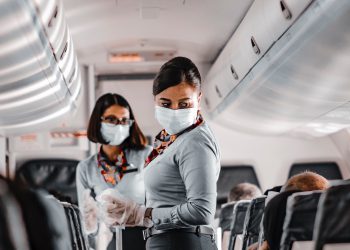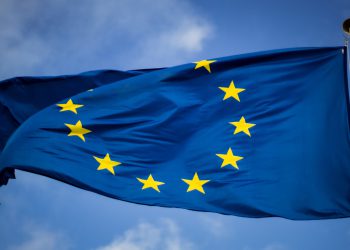[elementor-template id=”3753″]
This is dummy title and will be replaced with real title of your post
Image with size : 1140×570
Image: unsplash.com
HR specialists around the world have started resuming their pending global mobility processes after authorities gradually started lifting restrictions. Or are at least considering resuming them in the near future, when expatriates won’t have to go through self-isolation.
The pandemic-related uncertainty has certainly diminished. However, it has yet to disappear completely. A new question arises: What countries are safest for global talent? Where should their next assignment be?
Many news portals have released studies regarding travel safety, but most of them are tourism oriented, with details on exotic countries where people across the globe could spend their holidays. However, these destinations aren’t exactly global mobility hot spots.
In what our industry is concerned, the subject hasn’t been covered much, with a few exceptions. Forbes has recently published an article with a study covering the safest countries to travel to during these days. And this study is relevant for mobility professionals particularly because it offers an overview on the situation on a global level.
Curiously, the countries that have had a late response with restriction measures aren’t the ones suffering the most. Some of them actually have a high safety risk, China (currently ranking seventh) included. How so?
It seems that countries with a stronger economy, that have been gradually and cautiously lifting restriction measures without sacrificing public safety, are currently ranking safer than others that have had a hard time revitalizing their economies. Economic stimuli for SMEs and pandemic-related unemployment benefits may also have had their say in the safety scores of some countries.
This is happening because national economic stability eventually trickles down to businesses, then to their employees and their customers that can more easily comply to rules and regulations as well as adopt new behaviors that cater to their own safety, as well as to the safety of those around them.
Of course, it’s never just as easy as searching for the host country’s ranking on the list, because regional context is also important. Some regions may be safer than others, and it’s only natural, because they have been affected differently, both economically and regarding public safety.
You can find the top 100 list of top-ranking countries across the globe below:
- Switzerland
- Germany
- Israel
- Singapore
- Japan
- Austria
- China
- Australia
- New Zealand
- South Korea
- United Arab Emirates
- Canada
- Hong Kong
- Norway
- Denmark
- Taiwan
- Saudi Arabia
- Hungary
- Netherlands
- Vietnam
- Kuwait
- Iceland
- Bahrain
- Finland
- Luxembourg
- Qatar
- Liechtenstein
- Poland
- Lithuania
- Malaysia
- Latvia
- Slovenia
- Oman
- Greece
- Estonia
- Croatia
- Turkey
- Ireland
- Georgia
- Cyprus
- Chile
- Montenegro
- Czech Republic
- Malta
- Spain
- Portugal
- Thailand
- Bulgaria
- Greenland
- Mexico
- Uruguay
- Vatican City
- Italy
- Serbia
- Philippines
- India
- Romania
- USA
- Slovak Republic
- France
- Russia
- Argentina
- Belarus
- Monaco
- Sweden
- Ukraine
- Gibraltar
- United Kingdom
- South Africa
- San Marino
- Kazakhstan
- Bosnia and Herzegovina
- Iran
- Ecuador
- Azerbaijan
- Mongolia
- Lebanon
- Belgium
- Andorra
- Cayman Islands
- Armenia
- Moldova
- Myanmar
- Bangladesh
- Sri Lanka
- Egypt
- Tunisia
- Albania
- Jordan
- Panama
- Brazil
- Morocco
- Algeria
- Honduras
- Paraguay
- Peru
- Indonesia
- Cambodia
- Laos
- Bahamas
HR specialists around the world have started resuming their pending global mobility processes after authorities gradually started lifting restrictions. Or are at least considering resuming them in the near future, when expatriates won’t have to go through
Related Posts
edit post

Moving
Top-ranking safest countries after restriction measures have started being lifted
edit post

Immigration
Third-country nationals -Long-term resident status- concept of “resources”
edit post

Moving
Business trips (labour law)-when no service is provided
edit post

Immigration
Saudi Arabia: monumental decisions on tourist visas
edit post

Immigration
EU Court of Justice re-evaluates Austrian legislation on posted workers’ non-compliance fines
edit post

Immigration